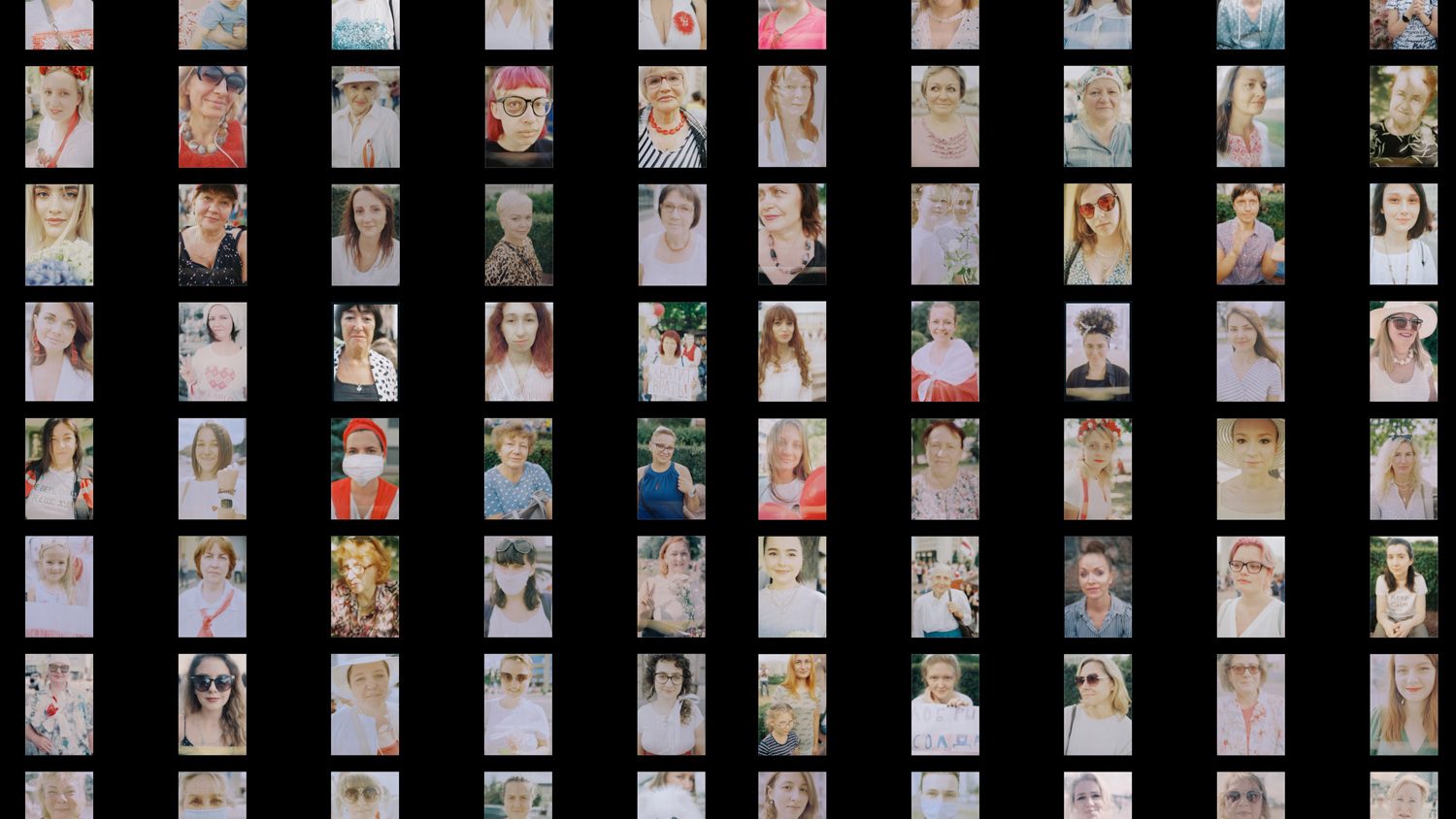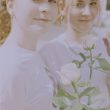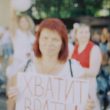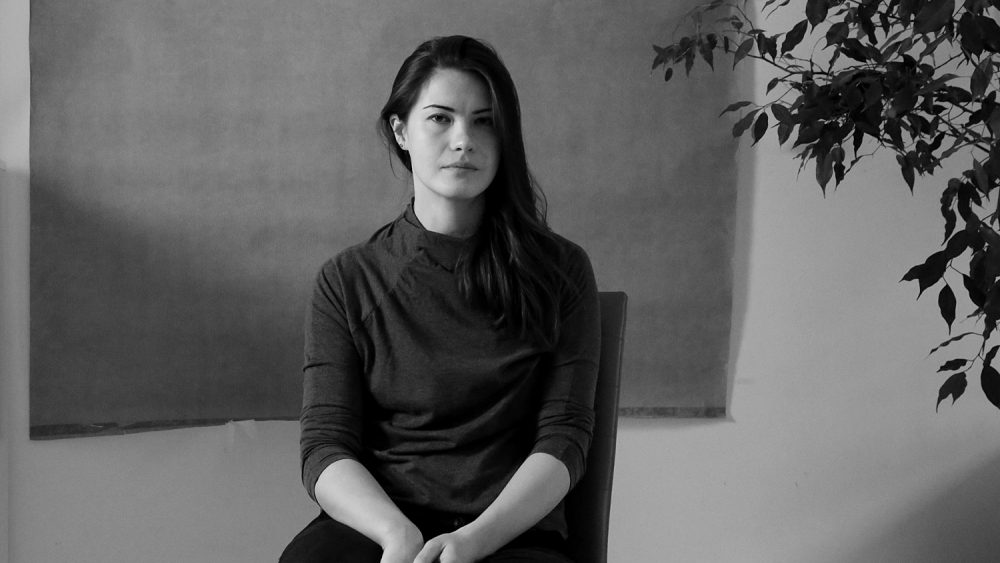Revolution is a woman
The protests in Belarus have lasted since the presidential election on August 9, 2020. In the first days thousands of women took to the streets side by side with men. Beautiful, brave and determined: they spoke out about the electoral fraud and their voices being taken away from them. It got hundreds of them arrested. OMON and police officers did not hesitate, they did not show any mercy to defenseless women, many of whom were beaten, some even raped with a police baton. However, this did not break Belarusian women, it only motivated them. They did not give up and decided to fight for their rights. With flowers in their hands, they stood in support of their children, husbands and boyfriends, fathers, brothers, friends and each other.
“We’ve had enough! There are many of us and this is our country. You will not arrest us all!” – they shouted to Lukashenko. Never before did they take to the streets to show solidarity, to emotionally talk about changes which the country is expecting and which they themselves are looking forward to. It was a beautiful and special moment.
Almost all women I approached agreed to be photographed. For the first time in ten years of my work as a reporter I felt that people are no longer afraid. However, I did not ask about their age or where they worked. There wasn’t even time for that. Each woman wanted to talk about the changes happening in her country and in her life. I understand these emotions very well. For many years Belarusian women were supposed to obediently play their roles: work and take care of the house and children, be intelligent, charming and pretty, be a good friend, wife, mother. Now women have a voice. And together they speak loud and clear, because in Belarus revolution is a woman.
Julia Szablowska (1991) was born in Molodeczno, Belarus. She has graduated from the journalism department of the Belarusian State University (2014) and the Academy of photography in Warsaw (2017). Her works were presented at exhibitions in Belarus, Poland and Lithuania. Her reports and journalistic articles were repeatedly awarded both by the state Ministry of information and internal affairs and by the independent Belarusian Association of journalists.






































